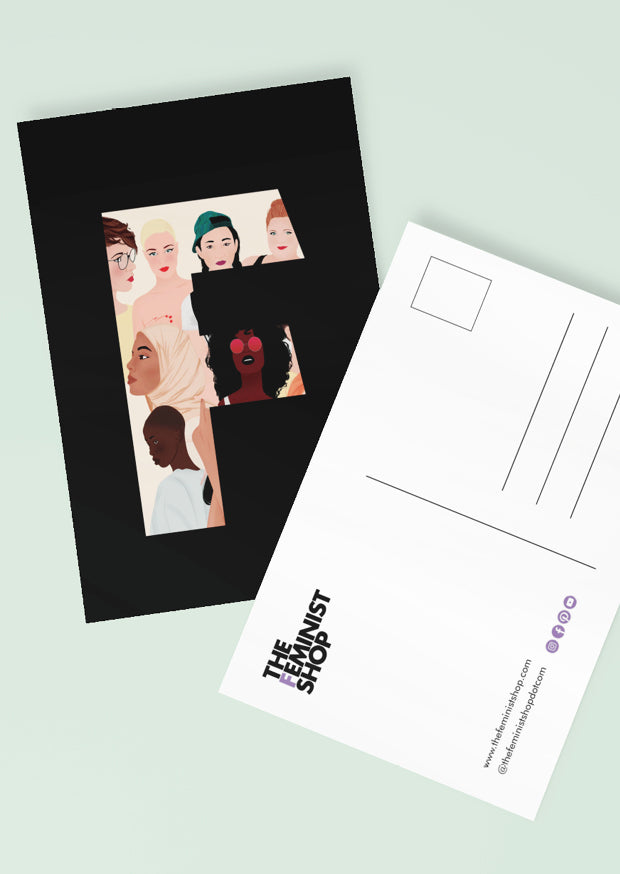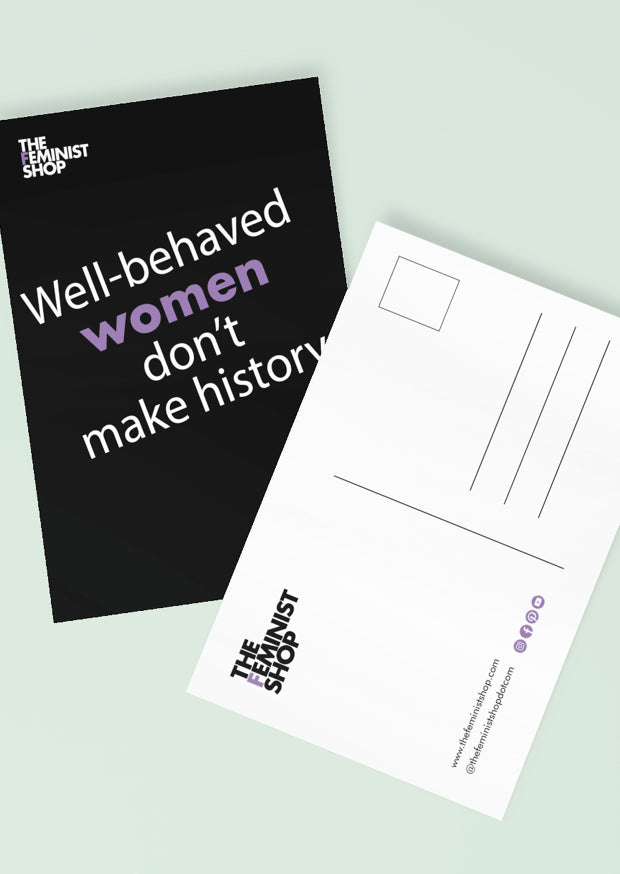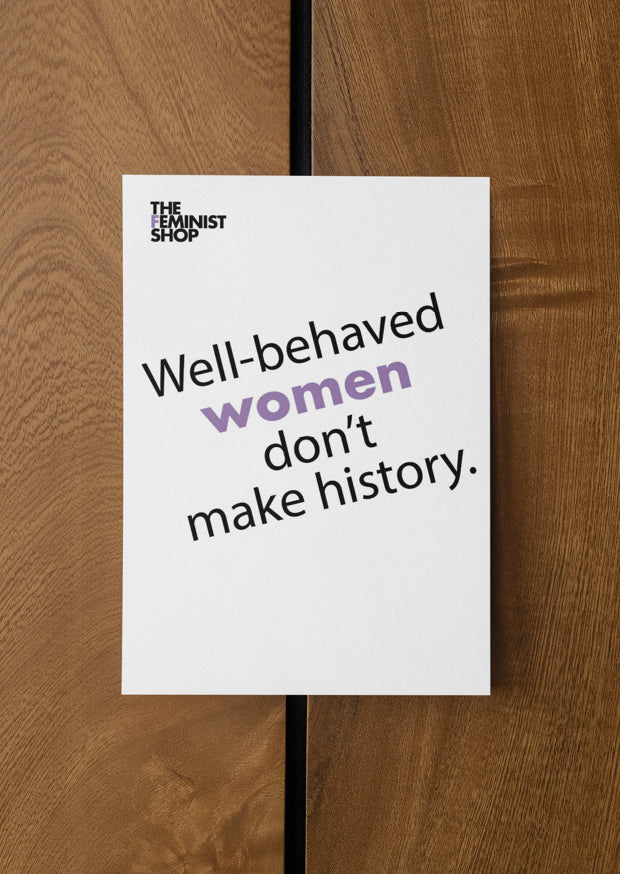A heated conversation I had this morning with a guy on social media got me thinking about the really common pattern I see (especially online) whereby people in privileged positions decide it is their place to openly question, then judge and dismiss the experiences, arguments and demands of people from discriminated groups.
As is usually the case with me, as the conversation unfolded I had fire in my stomach thinking about how men always do this to women! Men loooove to have a strong opinion on feminism, on childbirth, on prostitution, on abortion to name but a few topics, I was angrily thinking how they could possibly think that their opinion carries more weight or value than someone's own experience!
And then it got me thinking - Black women content creators are constantly speaking about the tiredness of white women doing the same with them. And gay people with straight people and of course cis people with trans. Middle class with working class, body able with people with disabilities... the whole chain. It was definitely a pattern, and we need to be accountable and stop it now.
In the middle of my argument with this man I thought about writing an article telling the whole story. I was so tempted to screenshot the conversation and invite you all to join my rage party. Instead, I’m choosing to turn that ‘oh so typical’ conversation into something positive, educational and useful.
I’ll keep these points and this blog post handy to send if I ever feel like I’m being dragged in to THAT type of conversation. And I will also keep it handy for me too, because it's always good to make sure you're sticking to your own ideals and you are not stepping into the privileged entitlement area.
Here are the points:
1. Don't send random DMs with unsolicited links to articles that (in your opinion) discredit someone’s informed stance about something. Most likely their opinion is based on experience; conversations they’ve had, articles read, the research undertaken, data gathered etc. Never underestimate the reasons why people with completely different experiences than you believe what they believe. Especially don't do this out of the blue. If you genuinely want to engage in a positive debate or you can't quite understand what they are talking about, what about asking a real question with the honest intention of listening? What about arriving to the conversation with humility, ready to learn instead of ready to teach?
2. Understand and accept that people may not care about your opinion. Not everyone needs to have an opinion about everything. Even if you have one about something in particular, not everyone wants to know about it, especially if it is not in your area of expertise. It is fine to speak if it happens naturally during a conversation, of course, but please don’t impose your opinion on others, especially not on someone that by life experience or because of their work, knows more about the topic than you. If they don't reply or don't engage, don't chalk it down as a victory - they might just not have the energy.
3. Make sure your data is real and relevant. We live in a world where there is far too much disinformation. It’s really important to fact check veracity before sending links, pictures or other info you found on social media as if it were the ultimate truth. Remember that your online feed is a total echo chamber - if those sneaky algorithms see that you like certain articles and videos, you can guarantee they'll keep feeding you more of the same! Get outside your bubble. It is also key to acknowledge that a tweet is just not in the same league as a university research paper, for example. Most times an anecdotal case about something that might prove your point is nothing but exactly that, don't expect it to discredit informed opinions or lived experiences or realities.
4. Never claim your argument is about defending the rights of aprotected group. Especially when you don't belong to that collective and the other person does. I know it is common sense, but you would be surprised... Be particularly careful at playing the saviour card if you are not happy to account for what you are really doing for that community. Ask yourself, can you really hold your ground about the last time you donated? Or volunteered? Or rallied? Can you confirm in your day-to-day life that you are proactively using your privilege to make their lives better? Are you doing your best in your home, in your work, in your group of friends?
Don’t waste your time trying to get someone speaking up for their rights to admit that they are wrong, or that this time they brought it too far... Sure, have a respectful conversation if it happens naturally, but focus instead on using your privilege to educate yourself and those around you, amplify the voices of the people doing the work, find how that spare time could be better used for a more impactful change in the world.
5. Listen, and be ready to admit that you are wrong. This just goes without saying in any discussion, but it's even more important if you're the one that initiated the conversation or you're not part of the protected group (or shockingly common, both). If you're lucky enough that the person you're talking to comes back with information and articles that back up their opinion or lived experiences, be ready to read them with an open mind. Be open to the strong possibility that you have a blind spot.Be ready to come back and say "I have never considered it that way". Avoid jumping into defensive jokes to make the situation less uncomfortable for you or, even worse, launching a full on frontal attack because being challenged infuriates you.
There you have it; five easy things, all very actionable, you can start today.
How?
Review in your mind the last time you had an argument to see if you could have actioned any or preferably all these tips. Ask yourself if you could have learned more from the conversation that way? Be honest with yourself, where you trying to learn in the first place or just trying to point score all along? If you were genuinely trying to learn, did you approach it in the right way? could you have offended or take for granted the other person?
Think about what you are really doing for the people you are claiming to defend and, if you really care, rather than seeing that as an entitlement to a loud opinion, ask yourself how can I do more?























Leave a comment (all fields required)